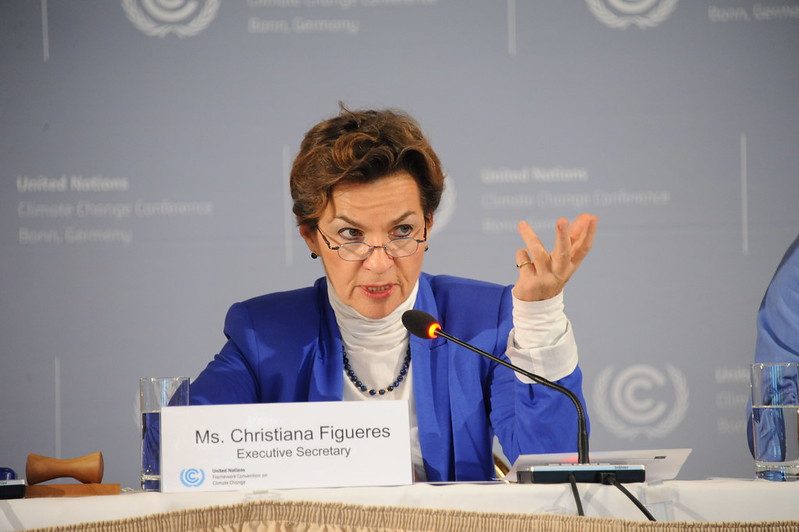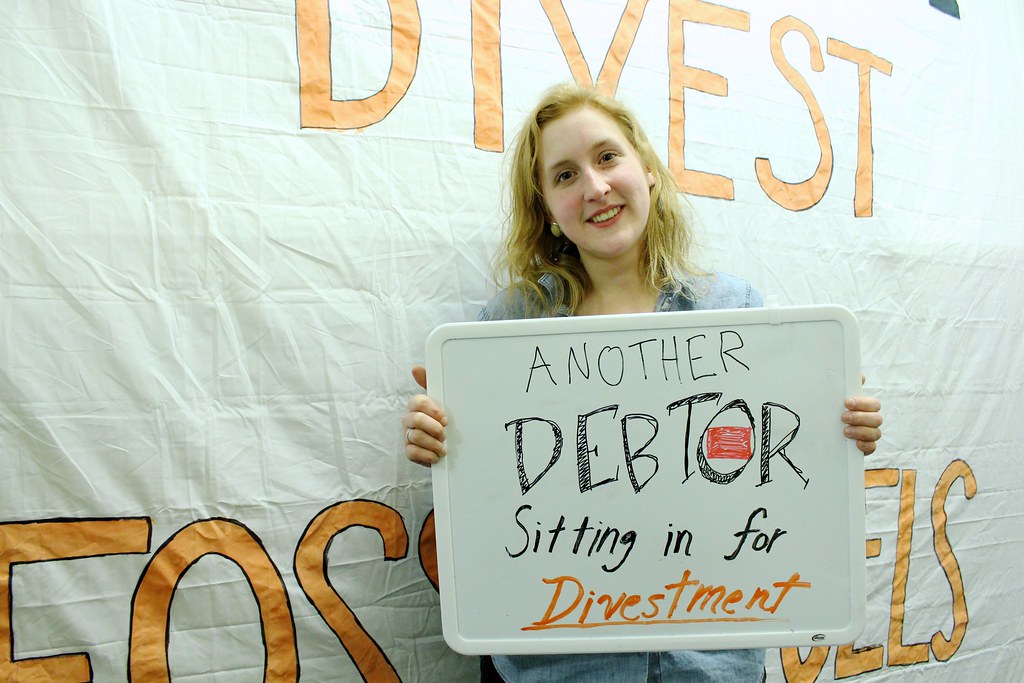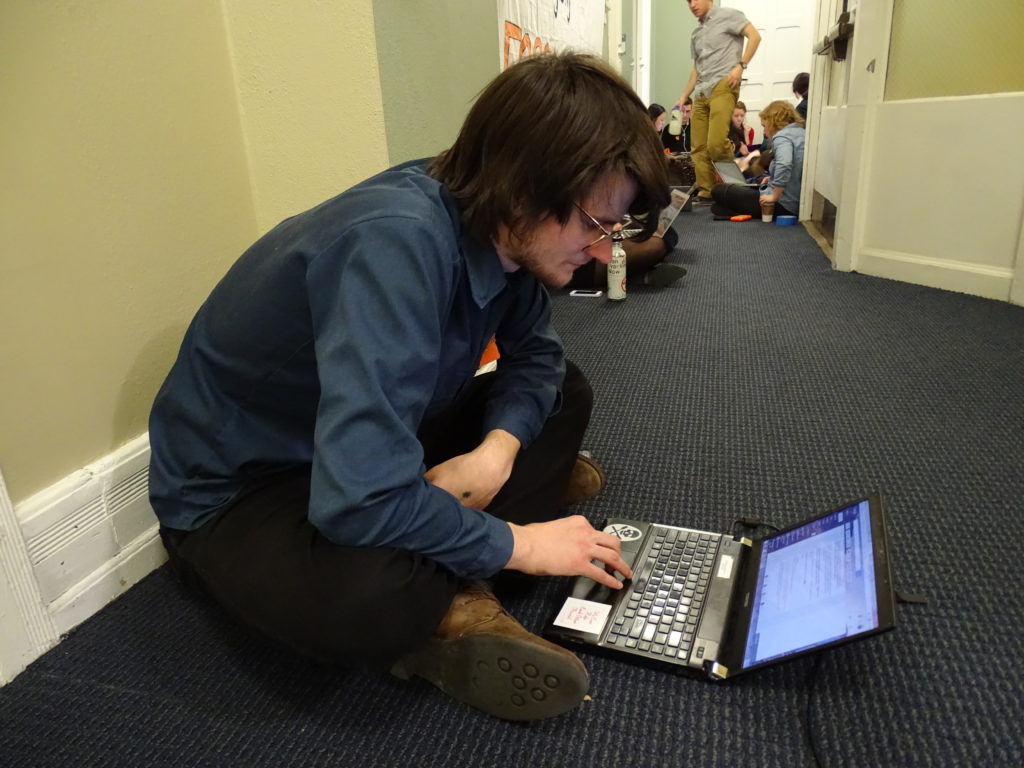Christiana Figueres ’79, Executive Secretary of the United Nations Framework Convention on Climate Change (UNFCCC) has written a letter calling on the Board of Managers to divest the College’s endowment of fossil fuel holdings.

In the letter addressed to the Chair of the Board of Managers, Gil Kemp, and Chair of the Board Investment Committee, Christopher Niemczewski, Figueres shared that the student sit-in “renews my optimism.” She points out “the moral imperative to align financial decisions with our highest sense of accountability, both across segments of society as well as across generations” and the “economic imperative” of adding financial value through incorporating sustainability into management of the endowment. She calls on the Board to be financially prudent and at the same time to “play its part in history.”

